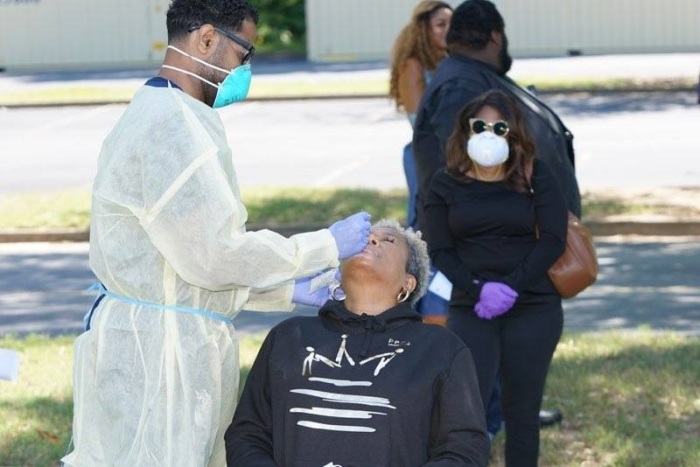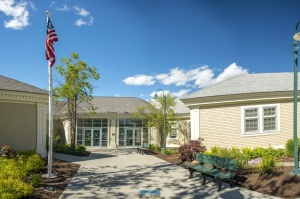'We are going to survive': 5 ways the Church is innovating amid COVID-19

Shifting ministry focus
From food pantries to mental health counseling, churches shared the Gospel and met the needs of their local communities despite the challenges posed by the pandemic.
Pastor Jason James from New Hope Church in New York City told CP that because his church was unable to meet in person, they were compelled to look outward, focusing on the needs of those around them.
COVID, he said, forced the church to “grow into the kind of church we always wanted to be” and live up to its tagline, “We exist for the glory of God and the joy of the city.”
“It forced us to put our money where our mouth was,” he said. “We were not going to allocate all of our resources to a Sunday morning service, so instead we were able to reallocate that to people in our community who were experiencing food insecurity and vulnerability."
The church put together care packages for the elderly, helped college students with tuition, provided beds, groceries, and air conditioners for underprivileged families, and financially assisted those who lost their jobs due to the pandemic. The church also came alongside the homeless and immigrants in need of assistance in the local community.
“The Lord really strengthened our church to be able to meet the needs of the community,” James shared. “It’s been an opportunity for us to be able to communicate God's love in really tangible ways.”
Similarly, Pastor Rick Warren said that when the pandemic first hit, Saddleback Church's leadership “looked around and made a list of all the different problems that COVID was creating,” and then met those needs.
“For instance, the first one was food,” Warren said, adding that Saddleback partnered with every school district in Orange County to develop “food pantry pop-ups.” Now, the church is the largest food distributor in Southern California,” having served over 3.5 million pounds of food to over 300,000 families.
“We teach our people that every member of the church is a minister,” Warren said. “Everybody’s a missionary too. You’re a witness. Those people already know how to share their faith. When people would pull up they’d talk to them about the Lord.”
Still, Tim Keller, the retired pastor of Redeemer Presbyterian Church in New York City, told CP that the “real test for Christians will come several months down the road when presented with opportunities to witness that we can’t even envision just yet.”
“For example: What if your community escapes pretty much and in three to four months you’re OK, yet some communities you know are hurt economically and there are tons of unemployed people?" he asked. "Maybe you could lock arms with a Church in a more hurt area. I think in the future, there will be ways to help, but that won’t be obvious for a while."




























